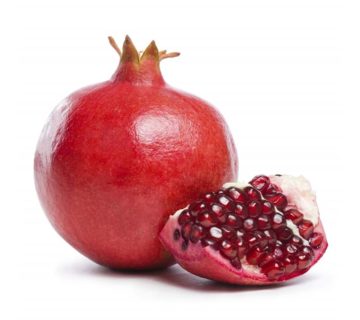Grapes are one of the most popular fruits around the world, and they are widely cultivated in many countries, including Egypt. Egypt is known for producing high-quality grapes, and the country’s grape exports are increasing every year. In this article, we will explore the agricultural aspects of grape production in Egypt, the different methods of packaging and shipping grapes, and the countries that import Egyptian grapes.
Egyptian Grape Agriculture:
Egypt has a long history of grape cultivation, and it is one of the leading grape producers in the Middle East and North Africa region. Grape farming in Egypt is done in many areas, including the Nile Delta, Upper Egypt, and the Western Desert. The most popular grape varieties grown in Egypt are Thompson seedless, Crimson seedless, Superior seedless, and Flame seedless. The grape farming season in Egypt starts in May and lasts until September.
Grape Packaging and Shipping:
After the grapes are harvested, they are sorted, packed, and shipped to different countries. The packaging process is crucial for maintaining the quality of the grapes during transportation. Egyptian grapes are usually packed in different sizes of plastic punnets, ranging from 400 grams to 2 kg. The punnets are then placed in cartons, which are stacked on pallets and wrapped with plastic film. The pallets are then loaded into refrigerated containers to maintain the temperature and humidity levels during shipping.
Grape shipping from Egypt to other countries is done by sea and air. Most of the grape exports from Egypt are shipped to European countries, such as the Netherlands, the United Kingdom, and Germany. Other countries that import Egyptian grapes include Russia, Saudi Arabia, the United Arab Emirates, and China. Shipping by sea is the most common method of transportation, and it takes around 10-15 days to reach European ports. Shipping by air is faster, but it is also more expensive.
Conclusion:
Egypt is a major grape producer, and the country’s grape exports are increasing every year. The agricultural practices used in grape farming in Egypt are of high quality, and the packaging and shipping methods ensure that the grapes arrive at their destination in good condition. The main export markets for Egyptian grapes are European countries, but the country also exports to other countries in the Middle East and Asia. The future looks bright for the Egyptian grape industry, and it is expected to continue to grow in the coming years.





No comment